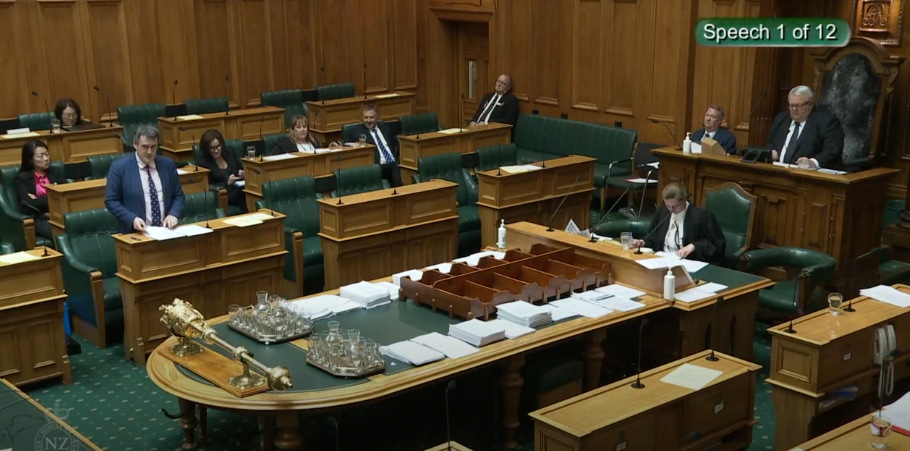A troubling new trend has emerged at the Tenancy Tribunal.
Since the name suppression law commenced in February, several tenants have had their identifying details suppressed, despite wholly losing their cases.
Name suppression of court decisions or tribunal orders is not a new idea. It exists to help protect the facts and parties of a case from becoming public knowledge.
There was a misconception that tenants who wholly lost Tenancy Tribunal orders could not have their names suppressed.
But this is not the case.
In one recent Tenancy Tribunal order, a tenant had their name suppressed despite having their tenancy terminated for three incidents of anti-social behaviour.
“The Tribunal also grants name suppression to the tenant so that their ability to secure future rental accommodation is not hindered by this Order,” the adjudicator wrote in the order.
In another example, the adjudicator suppressed the tenant’s identifying details despite the landlord being awarded nearly $3000 for rubbish removal, garden work and several intentional incidents of damage.
The tenant did not attend the hearing, yet still had their details suppressed.
In a final example, a tenant had their name suppressed despite owing nearly $3000 in rent arrears.
So why it this?
It must be acknowledged that not all tenants are having their names suppressed when they lose a Tenancy Tribunal case. Some are. Some aren’t.
But the examples highlighted prove that some tenants are very fortunate to receive name suppression.
Ramifications
Landlords and property managers should have the right to know that applicant tenants have had previous tenancies terminated for anti-social behaviour, or if they have had substantial rent arrears, or if they have racked up thousands of dollars in intentional damage.
This law change clearly makes tenant vetting more difficult at a time when tenant selection is more important than ever.
If you have any feedback on this issue, please email media@tenancy.co.nz and we will present the responses to government asking for change.




